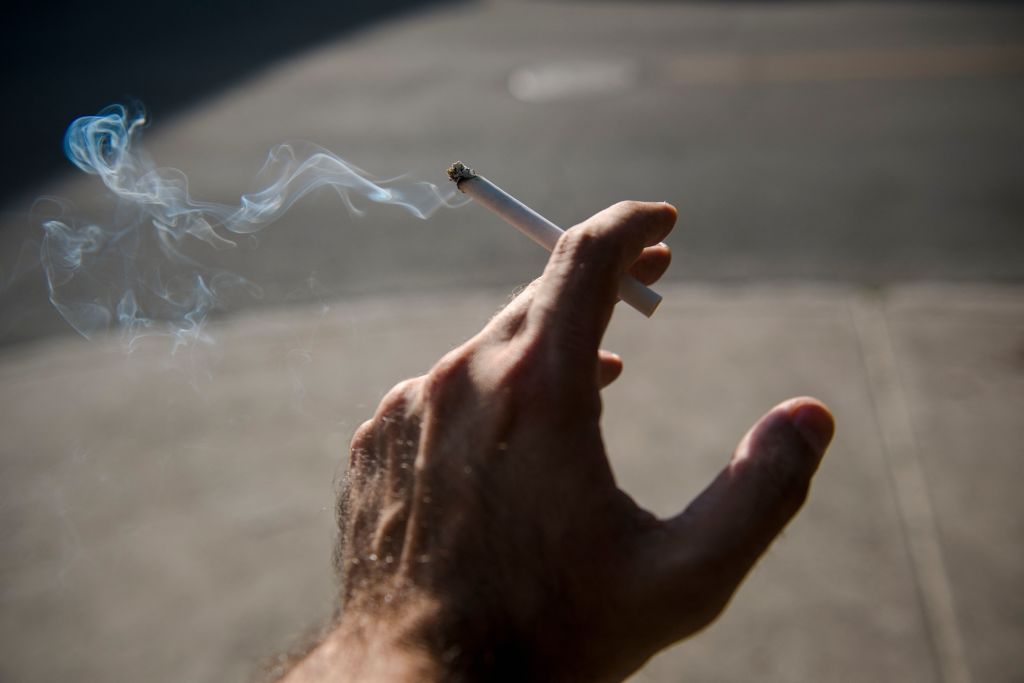Singapore has announced its plans to expand its Wolbachia program in the fight against dengue fever. The initiative involves releasing male Wolbachia-carrying Aedes aegypti mosquitoes into specific areas to suppress the population of disease-carrying mosquitoes.
The expansion, targeting five new zones in the southern part of the country, aims to significantly boost the coverage of Wolbachia-carrying mosquitoes from 26% to 35% of all households in Singapore. The releases, set to begin in the first quarter of 2024, aim to curb dengue transmission by interrupting the reproduction of Aedes mosquitoes.
Under Project Wolbachia, male mosquitoes carrying the Wolbachia bacteria are released to mate with female Aedes mosquitoes, resulting in eggs that do not hatch and ultimately reducing the population of disease-transmitting mosquitoes. NEA’s efforts are supported by promising results from existing study sites, with some areas experiencing a reduction of up to 90% in dengue mosquito populations.
However, the effectiveness of Wolbachia technology has shown variations across different sites and years, prompting the need for ongoing research and development. In conjunction with the Wolbachia program, NEA is utilizing data analytics and artificial intelligence to optimize mosquito deployment.
Looking ahead, NEA is planning long-term strategies to fortify Wolbachia operations, including developing an additional source of Wolbachia-carrying mosquitoes beyond their current capacity, and engaging the industry to meet the program’s technical and user requirements. The agency also emphasizes the need for continued community efforts to combat mosquito breeding.
While the Wolbachia initiative exhibits significant potential for dengue control, NEA emphasizes the need for continued community efforts to combat mosquito breeding. Stay posted for further updates on this developing story.

I have over 10 years of experience in the cryptocurrency industry and I have been on the list of the top authors on LinkedIn for the past 5 years. I have a wealth of knowledge to share with my readers, and my goal is to help them navigate the ever-changing world of cryptocurrencies.




